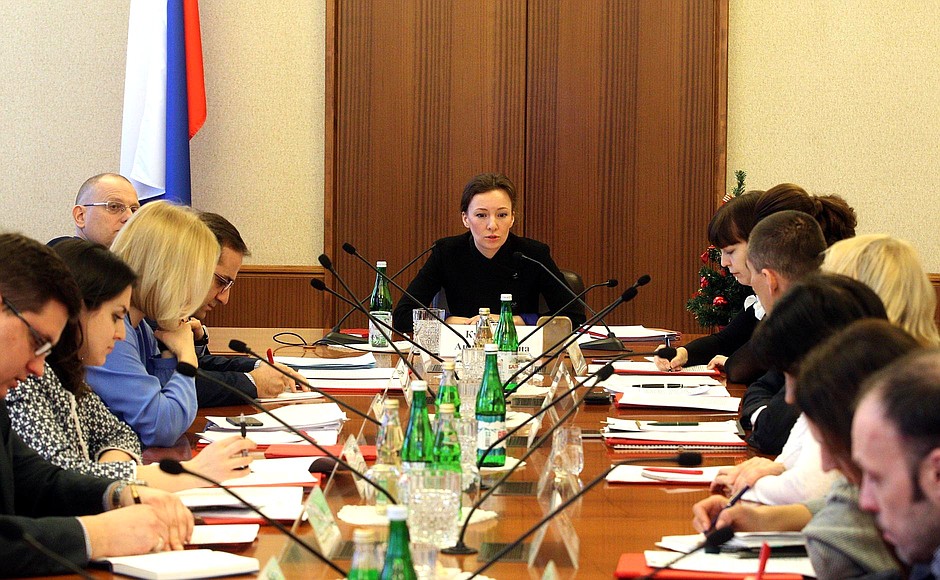In the UK, children’s rights are recognised under both international law and domestic law. The UK has signed up to both the European Convention on Human Rights (ECHR) and the United Nations Convention on the Rights of the Child (UNCRC).
The UNCRC defines a child as someone up to the age of 18. In the UK, child protection laws follow this definition when we look at issues such as the age of consent. However, the age of criminal responsibility is much lower, meaning that a child aged 10 or over can be convicted (12 in Scotland).
The Human Rights Act 1998 (HRA) has made sure that if someone believes that their rights under the ECHR have been violated in some way, that they can sue in UK courts. This has led to changes in the law protecting children – for example, ensuring that unreasonable physical chastisement by a parent can now be a criminal offence.
The rights enshrined within the ECHR and the UNCRC include the following that are pertinent to children:
1) the right to life
2) the right to be safe from cruel treatment and torture
3) the right to respect for their private and family life
4) the right to education
5) freedom from slavery
6) the right to a fair trial
The UNCRC also tries to ensure that governments act in a way that is fair and protective of children. For example, it requires that a child’s best interests are taken into account when any decisions affecting them are made. As a result, courts, social workers and state schools must ensure that they work in a way that is best for the children. Part of this obligation is met by ensuring that the people employed to work with children are suitable. For this reason, they must provide details of their criminal record through a CRB Check, which can be obtained through companies such as http://carecheck.co.uk/.
The government must also respect a child’s right to know and be cared for by their parents. However, this is tempered by the right already stated above, that any decision must be made in the child’s best interests, and unfortunately it is sometimes not in a child’s best interests to be cared for by their parents. This may be the case if they are unsafe at home.

